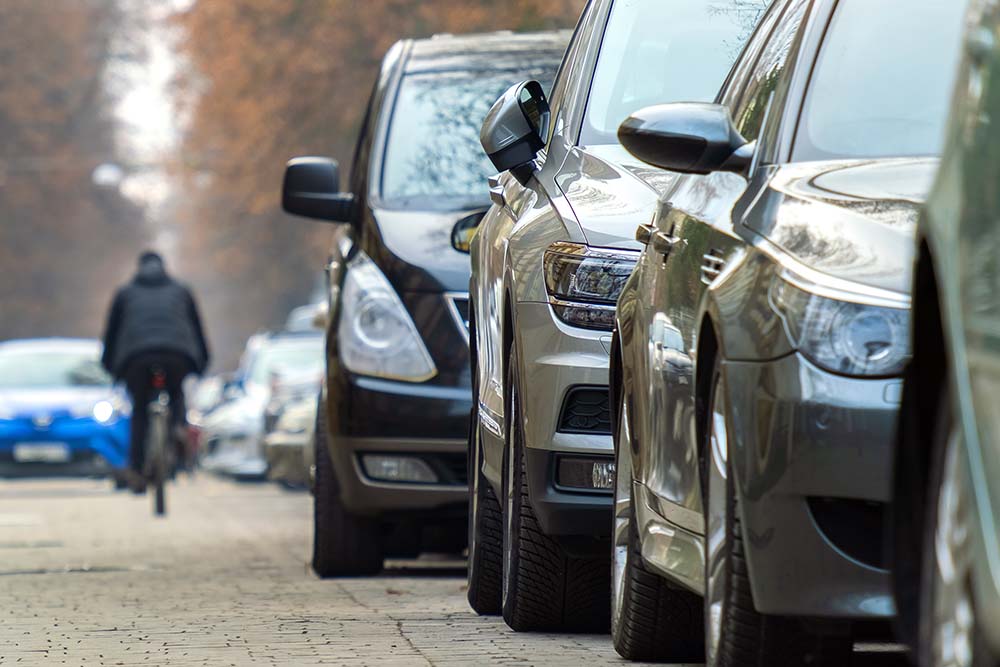
How to make a car insurance claim
April 10, 2024None of us like to think it may happen, but in the event of an accident in your vehicle, would you know what to do?
How to make a car insurance claim
If you’re involved in a road traffic accident, you will need to prepare to make a car insurance claim – or, at the very least, report the event to your insurer even if you are not thinking about making a claim.
So that you are fully prepared and that nothing is overlooked, you might want to review the steps laid out in our article of the 20th of February 2023 entitled “How to prepare for a claim”.
Those steps are essentially as follows and are echoed in similar advice by Citizens Advice:
- it goes without saying, of course, that your first goal is to make sure that no one is injured and – if you are in any doubt at all – in an abundance of caution call for an ambulance;
- if the police attend the scene of the accident – because someone has been injured, for example – you will be asked to show them your certificate of insurance (if you do not have it on you, you will need to show it at a police station within the next seven days);
- although the police will be doing it, you also need to take the details of others involved in the accident – the registration numbers of the relevant vehicles, the names of the drivers, their addresses, telephone numbers, and details of their own insurance;
- since you are preparing to make an insurance claim, remember that the registration numbers of the vehicles involved are critical – if any of the drivers have refused to give you their details, for example, you may be able to retrieve these from the registration number;
- remember that you are gathering information to support your insurance claim – for which you will need as much detail about the accident as you can get;
- preferably before any of the vehicles or street furniture has been moved, take photos showing the layout of the items involved and make a sketch or plan of the area – this evidence will prove invaluable to your insurer;
- ask any witnesses for their names, addresses, and contact details;
- while you are at the scene, talking to those involved and any witnesses, it might be tempting, especially if you were at fault, to admit liability – be careful never to do this;
- report the accident to your insurer and broker – the latter can help you through the intricacies of making your claim – as soon as possible, since a speedy reaction can help to minimise the costs (through the insurer arranging a replacement hire car, for example, if you have this element of cover).
Whether or not you think you were to blame for the accident, you are making your claim through your own insurer.
If responsibility for the accident – and your losses – is with the other party, your insurer will also look to recover what are known as your uninsured losses. These losses are represented by damage and injuries not otherwise covered by your motor insurance policy. Uninsured losses, therefore, can be the excess you pay on your insurance claim, the cost of hiring alternative transport while your own car is under repair, any injuries you have suffered, and the loss of earnings during any time you had to take off work.